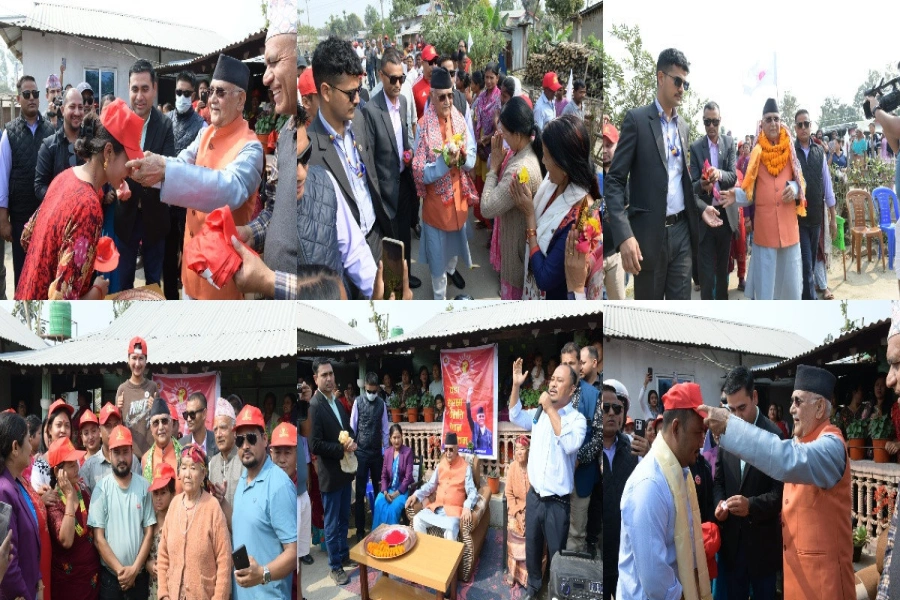The government has declared the Nepali month of Shrawan (mid-July to mid-August) as Dengue Awareness Month. Minister for Health and Population Pradip Paudel made the announcement at a formal event in the capital on Wednesday. Since the number of dengue-carrying mosquitoes starts to rise in Shrawan and remains high until Kartik (mid-November), the Epidemiology and Disease Control Division (EDCD) under the Department of Health Services has stated that awareness campaigns will be conducted throughout this period to educate citizens at all levels. According to the EDCD, the campaign will involve all three tiers of government, all ministries, and members of parliament. As part of the initiative, every Friday will be observed as Clean Friday, during which all public institutions and agencies will be mobilized to clean and eliminate mosquito breeding sites. Another key initiative, One Hour a Week Keeps Dengue Away, will mobilize communities to search for and destroy mosquito larvae. It will also include discussions and advocacy at the federal, provincial and local levels to develop strategies and activities necessary for dengue control. Additionally, door-to-door campaigns will be conducted in each ward using posters and media outreach to raise awareness about the risks, symptoms, and prevention of dengue. This timely government's announcement to contain the further spread of dengue is a step in the right direction. But this awareness campaign must go beyond symbolism.
While raising awareness is crucial, equal effort must be made to expand access to free and widespread dengue testing. Though there is no specific cure for dengue, it is vital to ensure that infected patients receive proper care to prevent serious complications. Unfortunately, this aspect seems to have received little attention from the government. In this context, Health Minister Pradip Paudel’s announcement to regulate the price of dengue-related medication is commendable. Yet, along with testing and treatment, prevention and control must be given equal importance. If implemented effectively, many lives can be protected from dengue infection. At present, dengue control campaigns in Nepal have increasingly become ritualistic—symbolic rather than impactful. Just as mosquitoes have spread across the country, dengue has started to become a year-round concern. Unfortunately, control campaigns often lose momentum soon after they are launched, forcing authorities to repeat the same initiatives the following year.
Dengue kills three people in Gandaki in three weeks

One major challenge in Nepal is the tendency toward reactive rather than proactive responses to disease outbreaks. Government agencies often act only upon receiving orders or when driven by personal incentives, due to a lack of accountability or consequences for inaction. Health Minister Paudel’s call to keep government offices free of mosquito larvae and to properly manage construction materials is welcome, but it risks becoming yet another unfulfilled declaration. If the government is serious about making its offices larva-free, the minister himself must take the lead in monitoring, inspecting, and supervising these efforts. Engaging secondary-level students could be one of the most effective ways to raise public awareness and prevent mosquito breeding. To control mosquito larvae in public spaces, local governments must lead the way—by filling waterlogged pits, cleaning drains, and maintaining sanitation. Ultimately, Dengue Awareness Month will be effective only if mosquito larvae production is stopped in homes, government offices and public spaces. This demands a campaign that moves beyond ritualistic gestures and symbolic declarations toward sustained, results-oriented action.






-1200x560-1771928761.webp)






























